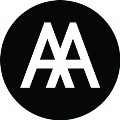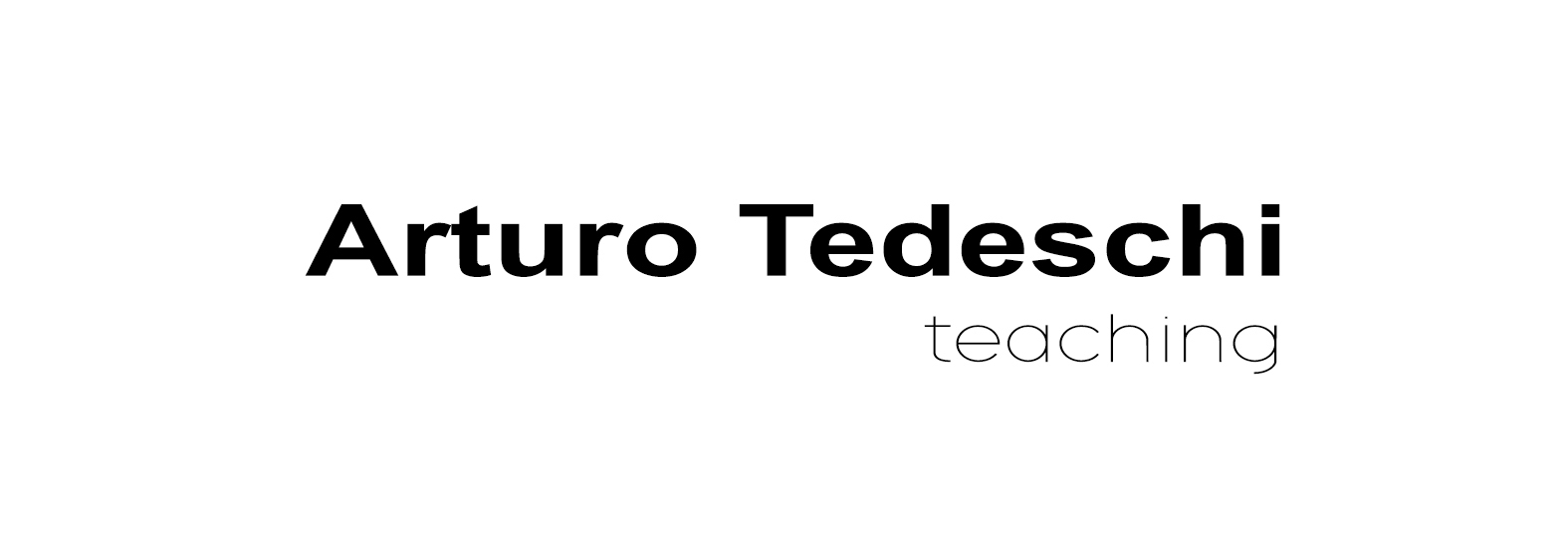Hi there and welcome to Brandspace, a new minimal multi-purpose WordPress Theme from Pixelentity. As with all of our themes, Brandspace is speedy, lightweight and bursting with the latest tech.
 .AA ROME VISITING SCHOOL | FALL 2012
.AA ROME VISITING SCHOOL | FALL 2012
Form as Unknown (X)
___
The AA Visiting School is a platform created by the Architectural Association School of London to further extend this engagement and to learn from the realities of today’s highly distributed, global architectural culture. Since its launch in January 2008 in Dubai with a small design workshop led by AA tutors and a brilliant group of local partners and supporting networks, the AA Visiting School has grown into a worldwide programme of short courses, design and research workshops of extraordinary depth, quality and learning.
Contents
The workshop allowed students to develop research on computational parametric design, making links to pioneering Italian experiments from the past. In particular the debate focused on the idea of “form as unknown” conceived by Roman engineer Sergio Musmeci. According to his design strategy, the form should not be superimposed, but deduced through the optimization of its conditions. The course researched and developed computational strategies which adapt morphology according to local site conditions and, more importantly, to social needs. The computational approach enabled us to overcome the imposition of a prefixed form in order to embrace performance-driven designs. Lectures on current mainstream and academic research, as well as digital fabrication prototyping, have been integrated into the workshop, divided into three parts:
1) Tooling
The workshop initially introduced parametric modelling and design to the students. The software induction (to programmes Rhino and Grasshopper amongst others) built the necessary skills for addressing the technical challenges of using analytical data – environmental and human behavioural patterns – to inform design strategies in form generation.
2) Material systems
The class developed computational investigation through experiments of material behaviours. The aim was to understand chosen structural strategies in nature and outline their rules. The research of an abstract machine formed the basis of the design concept. Physical experiments are taken and analysed to analytically describe the process of form definition, useful to the coding of the project strategies.
3) Generative strategies and morphological actualization
The earlier analysed behavioural systems have been explored to form the design strategies responsive to architectural, urban and environmental contexts. Further, the material system behaviours have been digitally translated into parametric models. After the context parameters are defined, the interactions with the local conditions are followed up by formal solutions, which balance optimum performances and elegance. AA Rome Visiting School aimed to research and develop bottom-up design strategies, where given the variables the final form is “unknown”.
Programme Directors
Lorenzo Vianello
Arturo Tedeschi
Visiting School Director
Christopher Pierce
Visiting School Coordinator
Priji Balakrishnan
T +44 20 7887 4014
F +44 20 7414 0782
Projects:
‘Waving‘ by Gaetano De Francesco, Luigi Olivieri, Nicolay Loukianov and Giorgia Gerardi
‘Stitch Interpolated System‘ by Gabriele Menconi, Pietro Odaglia, Mattia Santi and Francesca Silvi
‘CUTenary‘ by Andrea Galli, Alessandra Lazzoni, Lorenzo Ruggero Maina and Corrado Marcellino
‘Synopsis‘ by Faisal Al Barazi, Michela Falcone, Myrto Grigori and Vittorio Paris
‘The Euler Mass‘ by Davide Lombardi, Gabriele Stancato and Rishabh Khurana
‘Magnetic Emergence‘ by Gabriela Lauria, Marco Rubio, Norbert Jundt and Vincenzo Caputo
‘Rome Sails‘ by Davide Aceto, Eugenio Aglietti, Luca Ciliani and Giuseppe Carbè
